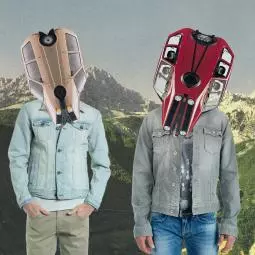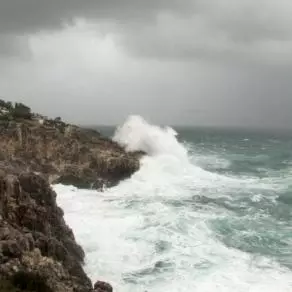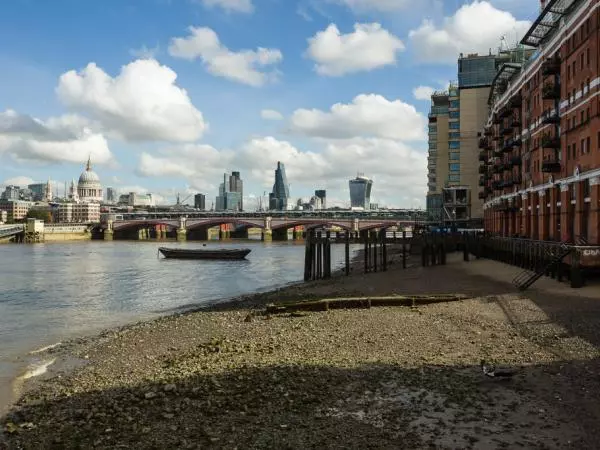coclite/demattia
Artist, Bologna, Italy, joined 11 years ago
The installation is composed by a work of giuseppe de mattia and by a video work of Luca Coclite (https://vimeo.com/90553364) Overall, the work includes a theca with inside some clothes (founded along the coast of the lower Salento) contained and preserved from the time, and a video in which, on the same strip of land, is captured a massive winter storm. De Mattia retrieves clothes found among the rocks below the old colony of Capo di Leuca. Collects them, washes into the sea as its a new life and then he takes care as if they were to be put in use.
In a metaphorical and romantic gesture takes care of time, what somewhere, in front of the coast, was lost, abandoned, ripped off and makes it a relic of our times. The Coclite's video traces the iconography of natural element "sea" with an emphasis on dichotomous meaning physically and mentally. The latter are the filters that must pass all the spiritual and material well-being of every individual.
Cross the sea means traveling not voluntary, the crossing is but a pain that is raised to care.
Constellation antithetical symbols, ranging from romanticism to the present, the sea encompasses a myriad of meanings
able to trigger an indefinite series of mixed feelings. In the negative sense, for example, is the separation and
estrangement, the stormy sea is a reflection of human conflicts. Unlike the sea results
perfectly the desire or intention of disengaging from social or community boundaries.
 Share / Save
Share / Save






